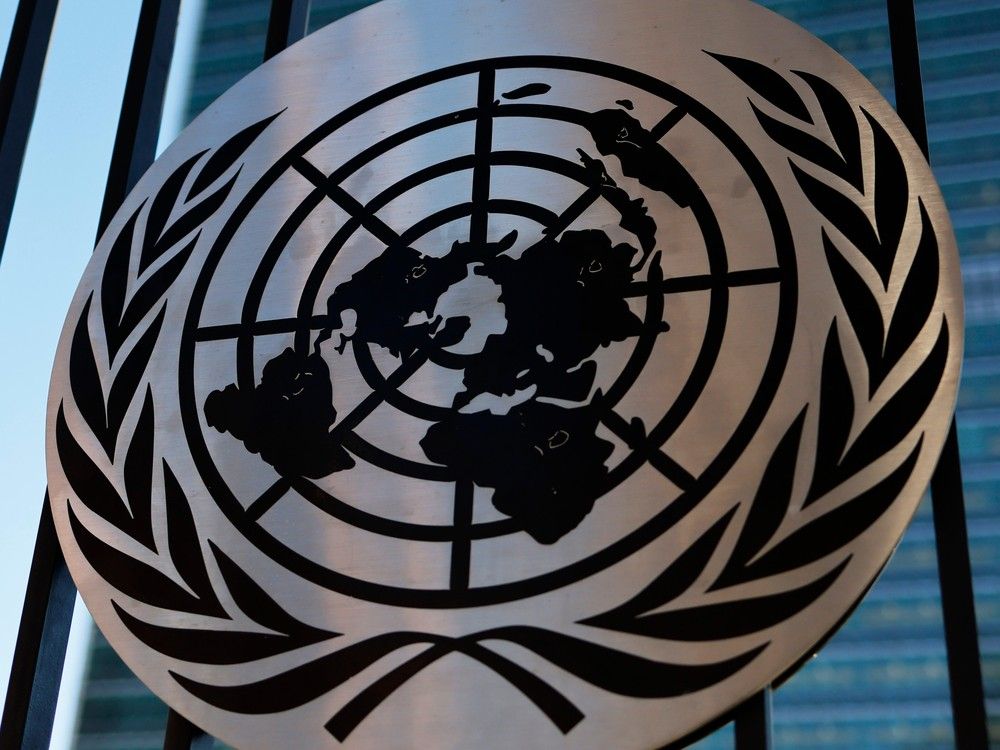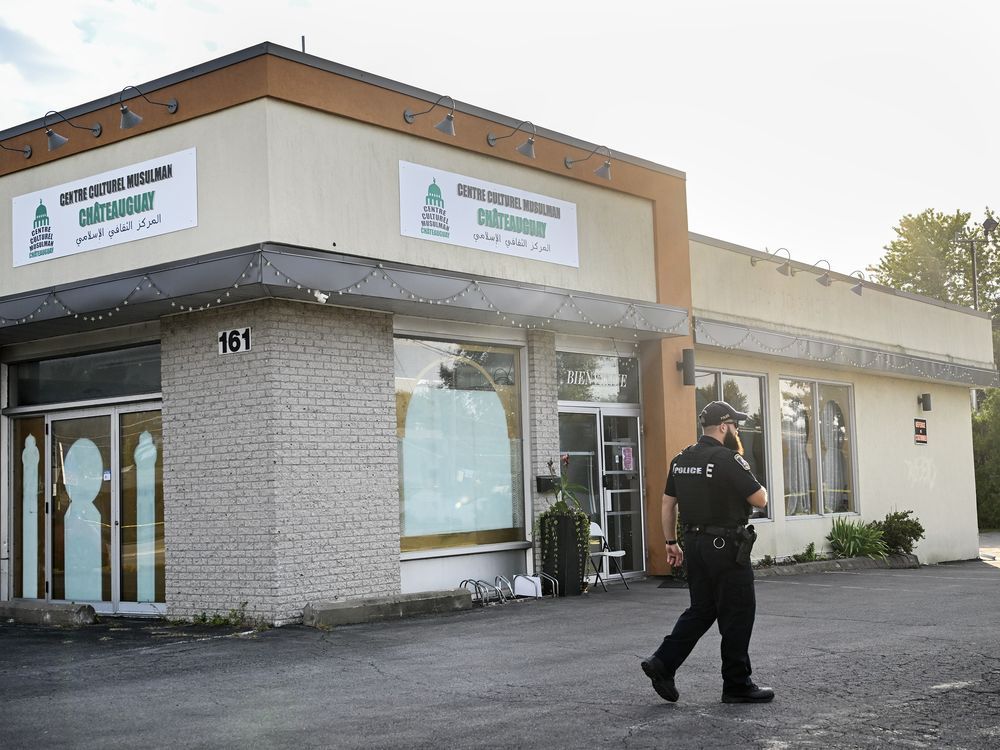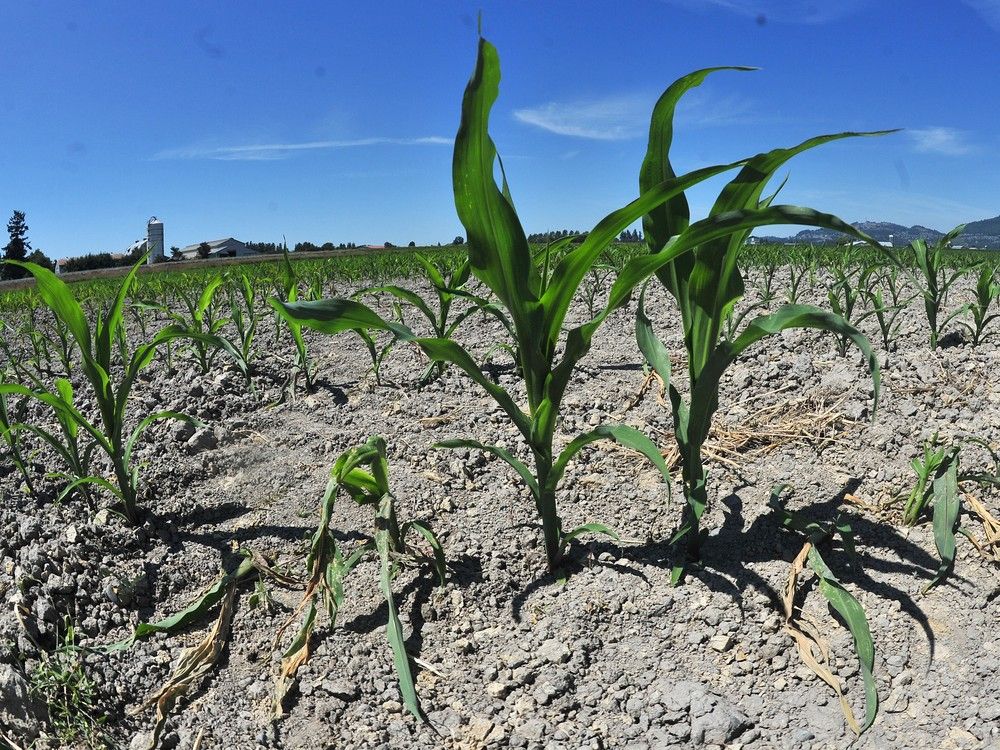In reality, given their costs, climate change policies are economic policies, which impact our cost of living
Get the latest from Lorrie Goldstein straight to your inbox
Published Sep 21, 2024 • 3 minute read

Heading into the next federal election, it’s important to understand that maintaining and increasing the federal carbon tax (Liberals) or killing it (Conservatives), accounts for only a fraction of the total costs Canadians are paying when it comes to addressing climate change.
Advertisement 2
THIS CONTENT IS RESERVED FOR SUBSCRIBERS ONLY
Subscribe now to read the latest news in your city and across Canada.
- Unlimited online access to articles from across Canada with one account.
- Get exclusive access to the Toronto Sun ePaper, an electronic replica of the print edition that you can share, download and comment on.
- Enjoy insights and behind-the-scenes analysis from our award-winning journalists.
- Support local journalists and the next generation of journalists.
- Daily puzzles including the New York Times Crossword.
SUBSCRIBE TO UNLOCK MORE ARTICLES
Subscribe now to read the latest news in your city and across Canada.
- Unlimited online access to articles from across Canada with one account.
- Get exclusive access to the Toronto Sun ePaper, an electronic replica of the print edition that you can share, download and comment on.
- Enjoy insights and behind-the-scenes analysis from our award-winning journalists.
- Support local journalists and the next generation of journalists.
- Daily puzzles including the New York Times Crossword.
REGISTER / SIGN IN TO UNLOCK MORE ARTICLES
Create an account or sign in to continue with your reading experience.
- Access articles from across Canada with one account.
- Share your thoughts and join the conversation in the comments.
- Enjoy additional articles per month.
- Get email updates from your favourite authors.
Article content
While debate over the federal carbon tax – in this context the federal fuel charge paid by consumers on gasoline, natural gas and 20 other forms of fossil fuel energy – has dominated the debate about federal climate policy, it has also created the misleading public perception that the fuel charge is the be-all and end-all of the Liberals’ climate change agenda.
In fact, the fuel charge accounts for only a small part of the costs associated with these Liberal policies.
Indeed, the Trudeau government doesn’t even keep track of how much the fuel charge on consumers reduces Canada’s industrial greenhouse gas emissions.
Rather, it guesstimates the fuel charge, combined with a second carbon tax known as the output-based pricing system for large industrial emitters, will reduce Canada’s emissions by roughly one-third of its goal of cutting them to 40% to 45% below 2005 levels by 2030.
By signing up you consent to receive the above newsletter from Postmedia Network Inc.
Article content
Advertisement 3
Article content
Recommended from Editorial
-

TERRAZZANO: Trudeau’s two carbon taxes hammer Canadians
-

JAY GOLDBERG: Thank Trudeau’s carbon tax for surging heating bills
-

EDITORIAL: Killing the carbon tax will be messy
Most of these reductions, the government estimates, will come from the output-based pricing system rather than the fuel charge, raising the issue of whether Conservative Leader Pierre Poilievre plans to eliminate the output-based pricing system, as well as the federal fuel charge.
The larger issue, however, is related to the costs of other government initiatives proposed to account for two-thirds of Canada’s emission cuts by 2030, beyond the carbon tax.
That’s why the argument by Justin Trudeau and Environment Minister Steven Guilbeault that the carbon tax is the most economical and efficient way to reduce emissions misleads by omission, because the government itself says the carbon tax is only a small part of the total cost of reducing emissions.
Advertisement 4
Article content
It’s hard to know what these total costs are, given that there are over 100 government measures in addition to the carbon tax that are part Trudeau’s climate change plan, although last April, Guilbeault said government investments in addressing climate change at that time were “north of $200 billion.”
That’s the reality regardless of whether rebates to the carbon tax leave most Canadian households paying it better off, if one considers only its fiscal impact, or worse off, if its negative impact on the Canadian economy is factored in.
RECOMMENDED VIDEO
We apologize, but this video has failed to load.
The Parliamentary Budget Officer has estimated both the fiscal and economic impacts of the carbon tax. The Liberals, however, only cite the fiscal impact, which is misleading.
Advertisement 5
Article content
But beyond that, to cite just a few examples, the federal government has introduced or intends to introduce another carbon tax known as the clean fuel regulations (where there are no rebates), a cap on oil and gas emissions, methane regulations, electric vehicle sales mandates, multi-billion-dollar subsidies to EV and EV battery manufacturers, plus tax credits to promote clean technologies.
In addition, reaching the federal plan to hit Canada’s 2030 emission targets includes programs that haven’t started yet, based on the assumption they will work.
Simply put, there is no free lunch when it comes to reducing emissions.
Once the government imposed a new cost on Canadians to pay for these emissions, it was inevitable the cost of living would increase, whether in the form of a carbon tax or new government regulations, or new government subsidies to promote green technology.
Advertisement 6
Article content
RECOMMENDED VIDEO
We apologize, but this video has failed to load.
Even if one accepts the government’s argument – supported by many economists – that a carbon tax is the most efficient and economical way to reduce emissions, the reality is that the Trudeau government has imposed not only a carbon tax on Canadians, but billions of dollars in added costs, most of which, according to the government’s own logic, are less efficient than carbon taxes.
In reality, given their costs, climate change policies are economic policies, which impact our cost of living.
In that context, Poilievre and the Conservatives, since they say they believe in climate change and intend to address it, need to explain what their climate change policies will be, beyond simply killing the federal fuel charge,
The Liberals argue the cost of doing nothing will be far greater than cutting emissions, due to the increasing costs inflicted on the public because of increasingly severe weather caused by human-induced climate change.
That, however, is a moral argument, not an economic one, given that with 1.5% of global emissions, Canada could reduce them to net zero tomorrow and it would have no discernible impact on climate change.
Article content
.png)
 2 hours ago
8
2 hours ago
8





































 Bengali (BD) ·
Bengali (BD) ·  English (US) ·
English (US) ·